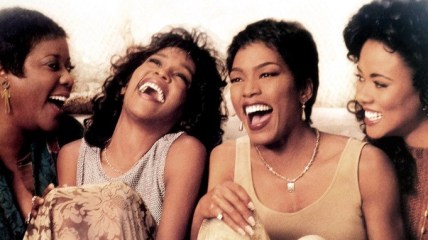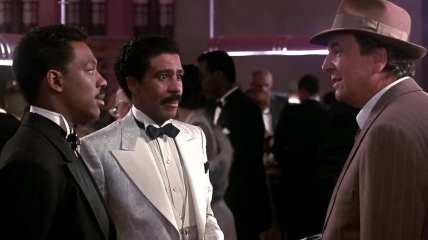28 Days of Black Movies: ‘Django Unchained’ is a Black romance film like no other
OPINION: If Quentin Tarantino is the barrier preventing you from luxuriating in the beauty of this Black love story, you should take off the white-gaze glasses and let the brilliance of a great Black film wash over you.
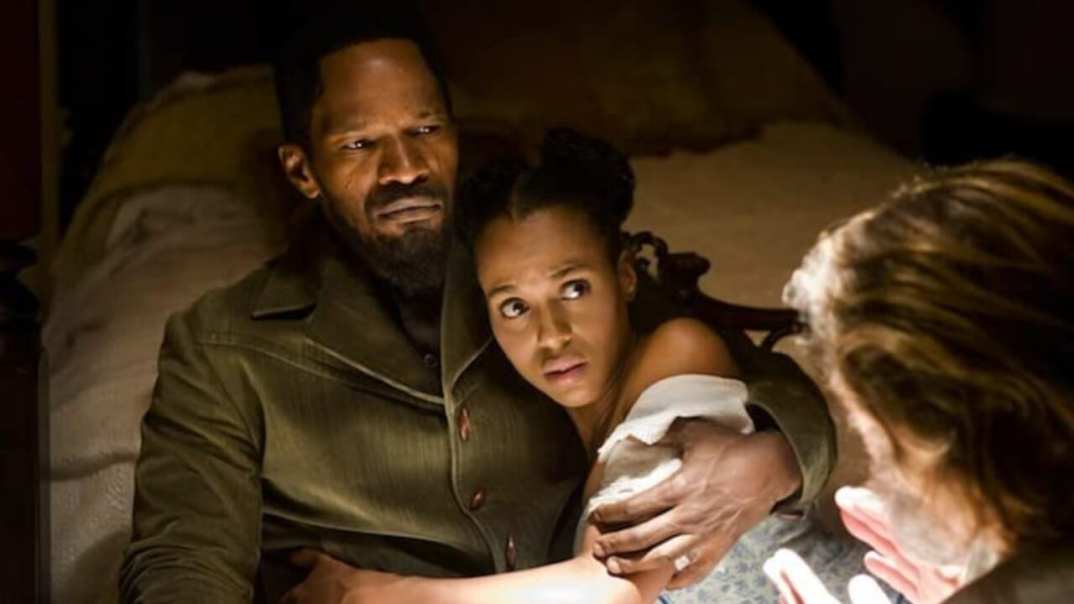
Yes, Django Unchained is a Black film. Its story centers on the life of a Black character, and it has more Black stars (Jamie Foxx, Kerry Washington and Samuel L. Jackson) than white stars (Leonardo DiCaprio and Christoph Waltz). It’s ultimately about the power of a Black man who’s destroyed the colonized mind. Foxx’s Django sees himself as a free man so much that when he’s captured, he speaks and acts like he’s supposed to be free, which tricks his captors into untying him and giving him a gun. He immediately shoots them dead and runs off. Meanwhile, in the same scene is a pen full of enslaved men, and even though the door is open, they don’t leave. This is because they are not mentally liberated the way Django is.
Django is a film about slavery that, unlike, say, 12 Years A Slave, offers tremendous opportunities for Black catharsis. It gives us a formerly enslaved person brutally whipping and murdering a slavemaster while saving a Black woman from a whipping. It also gives us a free man murdering an evil house slave and burning a plantation to the ground. It warmed my soul to see those things on a big screen. I walked out of the theater feeling buoyed after having certain demons exorcised or at least badly lashed.
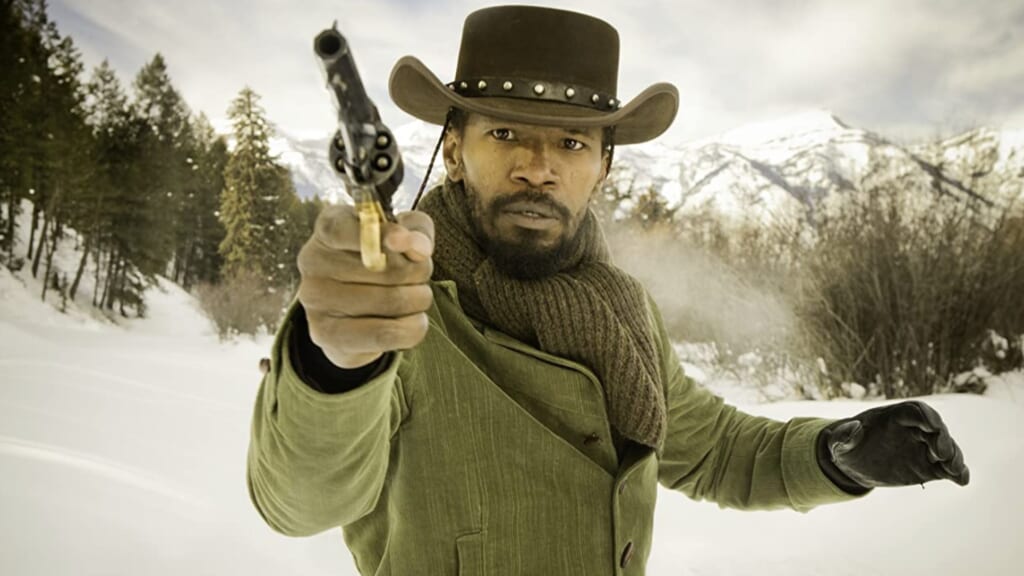
But many Black people are angry with or disdainful toward Django because they’re stuck on white Quentin Tarantino directing the film and using the n-word so liberally in this and other films. I’m sorry if that bothers you. It doesn’t stop me from loving Django. I, too, prefer seeing Black directors tell Black stories, but the story of slavery is part of Tarantino’s cultural legacy. He has the right to tell a story set during slavery.
One of the things that we’ve argued in the debate about critical race theory is that the thing white people are calling Black history is actually American history. If the enslaved were being held captive by white people, why is it Black history? It’s American history, and if it is, then it’s Tarantino’s right to tell a slavery story. The thing about Tarantino is that his past commercial success has put him on a unique plane in Hollywood—he doesn’t pitch films to studios; they audition for him, telling him what they can do for his films. I say that to say there are very few directors who could have even gotten this movie made.
Django is a story set during slavery, but it’s also a love story where a Black woman is loved so much that Django spends the entire film searching for her and fighting to free her, risking his own life to do so. This is a Black romance movie like no other. If Tarantino is the barrier preventing you from luxuriating in the beauty of this Black love story, this Black mental liberation story, this Black slave destroying a Black master story, this Black man goes through hell to save his woman story, then I gotta say you should take off the white-gaze glasses and stop worrying about the race of the film’s director and try to watch it as if you didn’t know who the director was and let the brilliance of a great Black film wash over you.
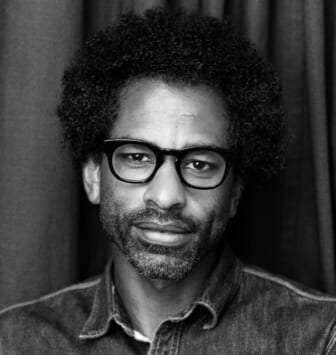
Touré is the host of the podcast “Toure Show” and the podcast docuseries “Who Was Prince?” He is also the author of seven books.
TheGrio is now on your TV via Apple TV, Amazon Fire, Roku, and Android TV. Please download theGrio mobile apps today!
